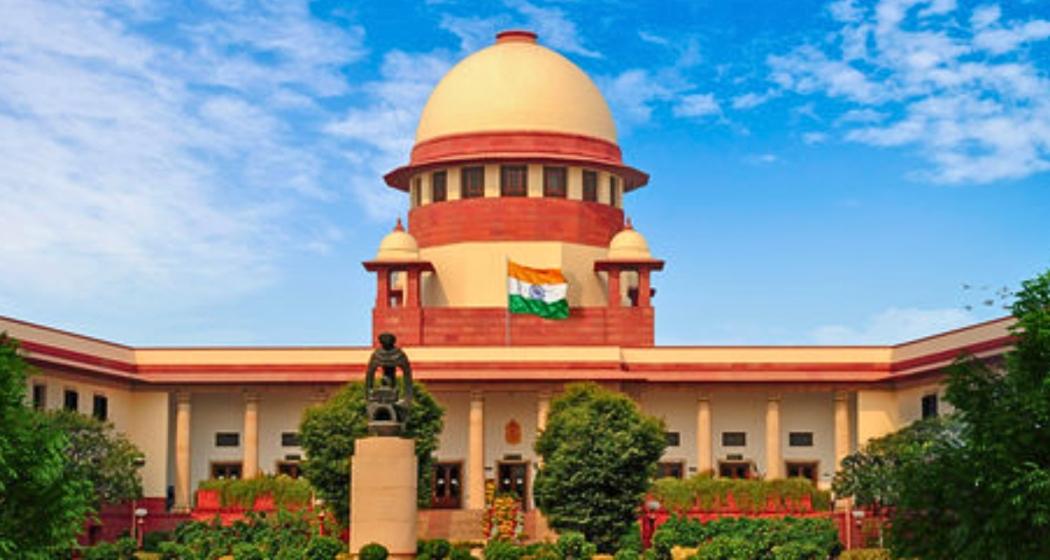SC Ruling on Waqf Amendment Act 2025
The Waqf (Amendment) Act of 2025 has sparked legal and social debate in India. This legislation aims to reform the management of waqf properties, which are properties dedicated for Islamic religious and charitable purposes. Over 70 petitions have been filed against the Act by religious and political groups. Petitioners argue that the Act violates Articles 25 & 26 of the Constitution (religious freedom).
Articles 25 and 26
Article 25: Freedom of Religion (For All Citizens)
- Every citizen has the freedom of conscience — that is, to believe in any religion or not believe at all.
- Citizens can freely profess, practice, and spread (propagate) their religion.
- These rights can be limited by the State in the interest of public order, health, or morality.
The State can make laws to:
- Regulate secular (non-religious) activities linked with religion (like managing money, politics, etc.).
- Open Hindu religious places to all Hindus, regardless of caste or class.
(Here, “Hindu” includes Sikhs, Jains, and Buddhists.)
Article 26: Rights of Religious Denominations
Every religious group (or section) has the right to:
- Set up and run religious or charitable institutions.
- Manage their own religious affairs.
- Own property (land, buildings, etc.).
- Handle their property as per law.
These rights are also subject to public order, morality, and health.
About Waqf (Amendment) Act 2025
The Waqf (Amendment) Act 2025 amends the Waqf Act of 1995. It seeks to enhance the Centre’s regulatory authority over waqf properties. Notably, the Act proposes the removal of the concept of “waqf by user.” This term refers to properties used for charitable purposes over a long period, even if not formally registered as waqf.
Key Provisions of the Act
The Act introduces several contentious provisions. It allows the district collector to determine the status of a property as waqf, which critics argue undermines judicial authority. Additionally, it mandates that all waqf properties must be registered, raising concerns about the feasibility of this requirement for properties established centuries ago.
Supreme Court Concerns (First Hearing – April 2025)
The Supreme Court raised three main concerns:
Waqf by User Properties
- Waqf by user = Properties treated as Waqf based on continuous religious use.
- Court said: If a court has already declared a property as Waqf, it shouldn’t lose that status under the new law.
Collector’s Power to Halt Waqf Status
- The new Act says that if a collector begins an inquiry, the property can’t be treated as Waqf.
- SC called this unfair and said: Inquiry can continue, but the property’s Waqf status shouldn’t be frozen just because an inquiry is pending.
Non-Muslim Members in Waqf Boards
- The new Act allows non-Muslims to be part of Waqf Councils and Boards.
- SC questioned this move: “Would Muslims be added to Hindu religious trusts?”
- It stated: Only Muslims should be members, except ex-officio members (government officials), who can be from any religion.
Future Implications
The Supreme Court’s decision on the Waqf Amendment Act will have far-reaching implications for the management of religious properties in India. It will also set a precedent regarding the intersection of religion, law, and state authority in matters of property and charitable trusts.
Month: Current Affairs - April, 2025
Category: Legal & Constitution Current Affairs







